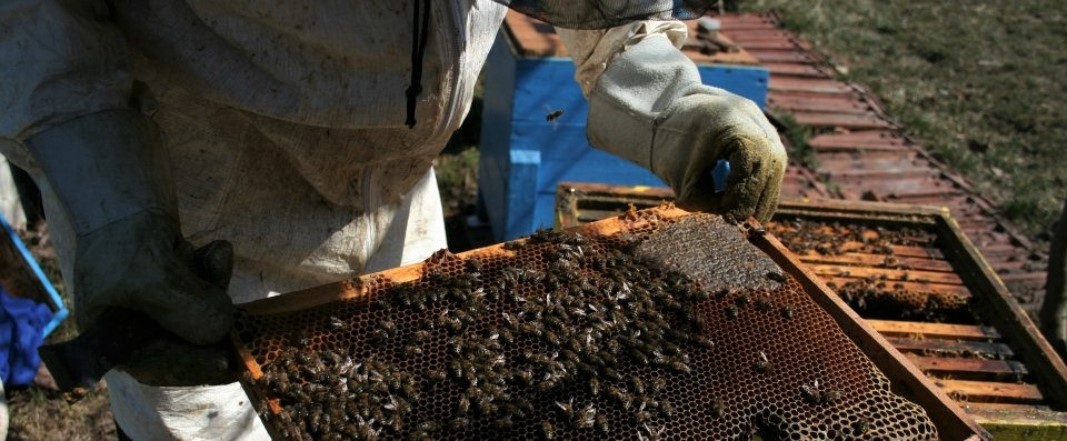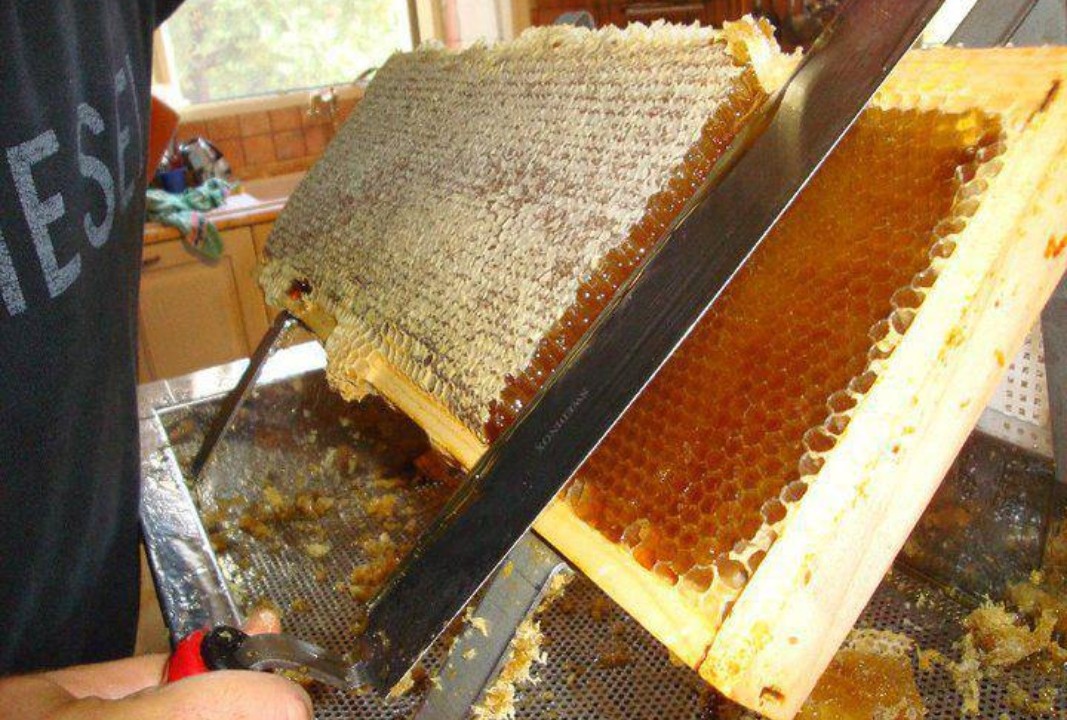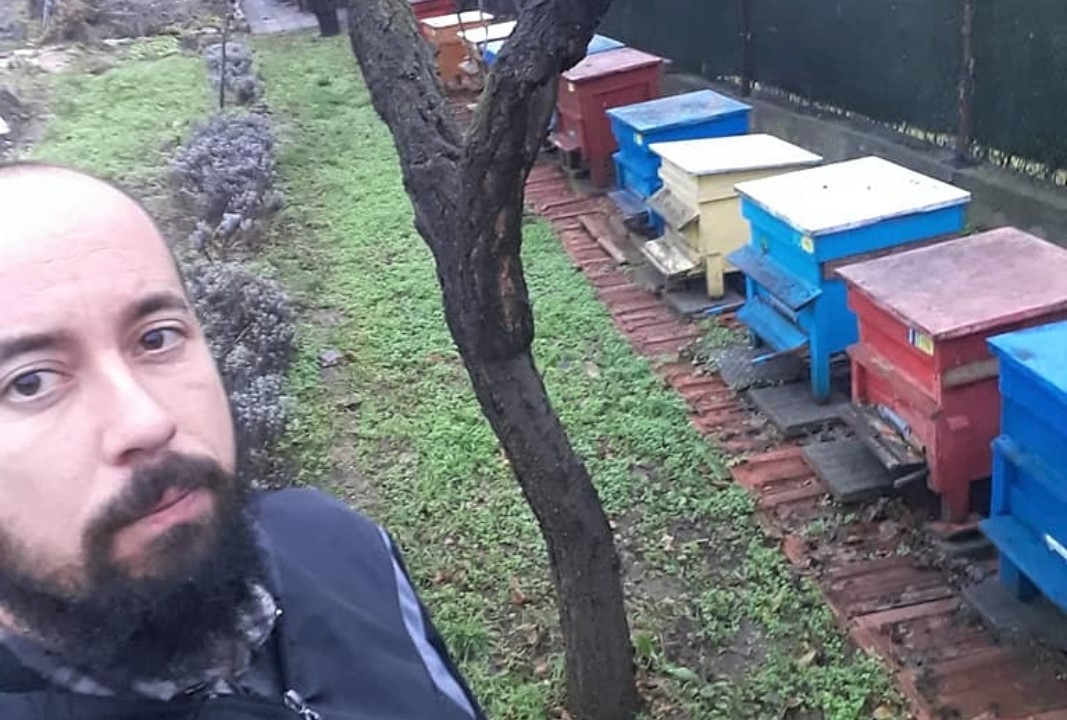The number of Bulgarians who devote themselves to beekeeping has decreased recently, because apiculture in this country is in a deep crisis. On February 10, when we honor the memory of Great Martyr Charalambos the Wonder Worker who is regarded the patron saint of bees and apiarists, we are trying to get to the root of the problem. On one hand, the uncontrolled use of pesticides leads to depletion of the honeybee population. On the other hand, the people employed in this sector need serious financial assistance and a state policy that treats beekeeping as a priority.
Last year, beekeepers in Bulgaria once again faced these problems, which continue to deepen:

“2020 was a very bad year for apiculture, which was due to at least two reasons- notes beekeeper Yavor Kirilov who inherited this business from his grandfather. - On one hand, this was due to the meteorological conditions. The spring was quite dry and the summer was cooler than normal. These two factors affected honey harvesting a lot. Secondly, the price of Bulgarian honey dwindled due to the import of duty-free honey from China and Ukraine. Moreover, this product sell on the local market as Bulgarian honey, which is ridiculous. Thirdly, the wholesale price of honey ranges from EUR 1.75 to EUR 2 per kilogram and the retail price of the product in Bulgaria fluctuates between EUR 4 and 7.50 per kilo.”

In Yavor’s view, the imports of honey from non-EU countries such as Ukraine and China can be restricted and these products should not benefit from the preferences of the EU market.
There is certain exception for Ukraine, because the European Union pursues a policy of supporting the Ukrainian economy. Beekeepers in Bulgaria are facing another significant problem related to the forthcoming amendments to the ordinance concerning the direct supply of small quantities of raw materials or food of animal origin.

“According to the amendments, beekeepers will able to sell their honey only in the area in which their apiary is registered. In other words, if you want to buy some Strandzha manna honey, you will no longer be able to get a delivery and have to travel all the way to this Bulgarian region to buy it. According to the same ordinance, each apiarist is allowed to sell up to 2 tons of honey per year only.”
The-high quality Bulgarian honey sells extremely well on the European market. Its unique taste and quality is due to the wide variety of herbs that grow in Bulgaria. Beekeeping has existed in Bulgaria for centuries. However, the attempts to change the existing conditions for production and marketing of honey and apiculture products have impeded the development of this subsector. That is why beekeeping is rather becoming a hobby, which allows apiarists to earn some extra money.

English version: Kostadin Atanasov
Photos: Facebook / Yavor KirilovThe Bulgarian Patriarch Daniil has opened the sixth charity campaign "Children draw for children", which is being held in aid of the "Ears, Nose and Throat" children's ward at Sofia's Tsaritsa Joanna ISUL hospital . It is organized by the Cultural and..
Sister Mary Grace is one of seven nuns at the Benedictine convent in Tsarev Brod village in Northeastern Bulgaria. She is 27 and is from Tanzania. The other six nuns at the convent are from Germany, Korea, the Philippines and Bulgaria...
On the occasion of today's Stara Zagora Day, residents and guests of the city are invited to a free tour. During the "Parks tell their stories" tour, they will learn facts and stories about the city's parks. The initiative is part of the series..
The Slavey Zlatev Astronomical Observatory with Planetarium in Kardzhali is offering free admission on the occasion of the town's holiday-October 21. If..
In the village of Pchelarovo, nestled among the slopes of the Eastern Rhodopes, there is a legend that ancient oak forests and walnut trees once thrived..
Boza Day is being marked today in Radomir , a town not far from the capital. The thick, sweet fermented drink is first celebrated with a procession..

+359 2 9336 661
